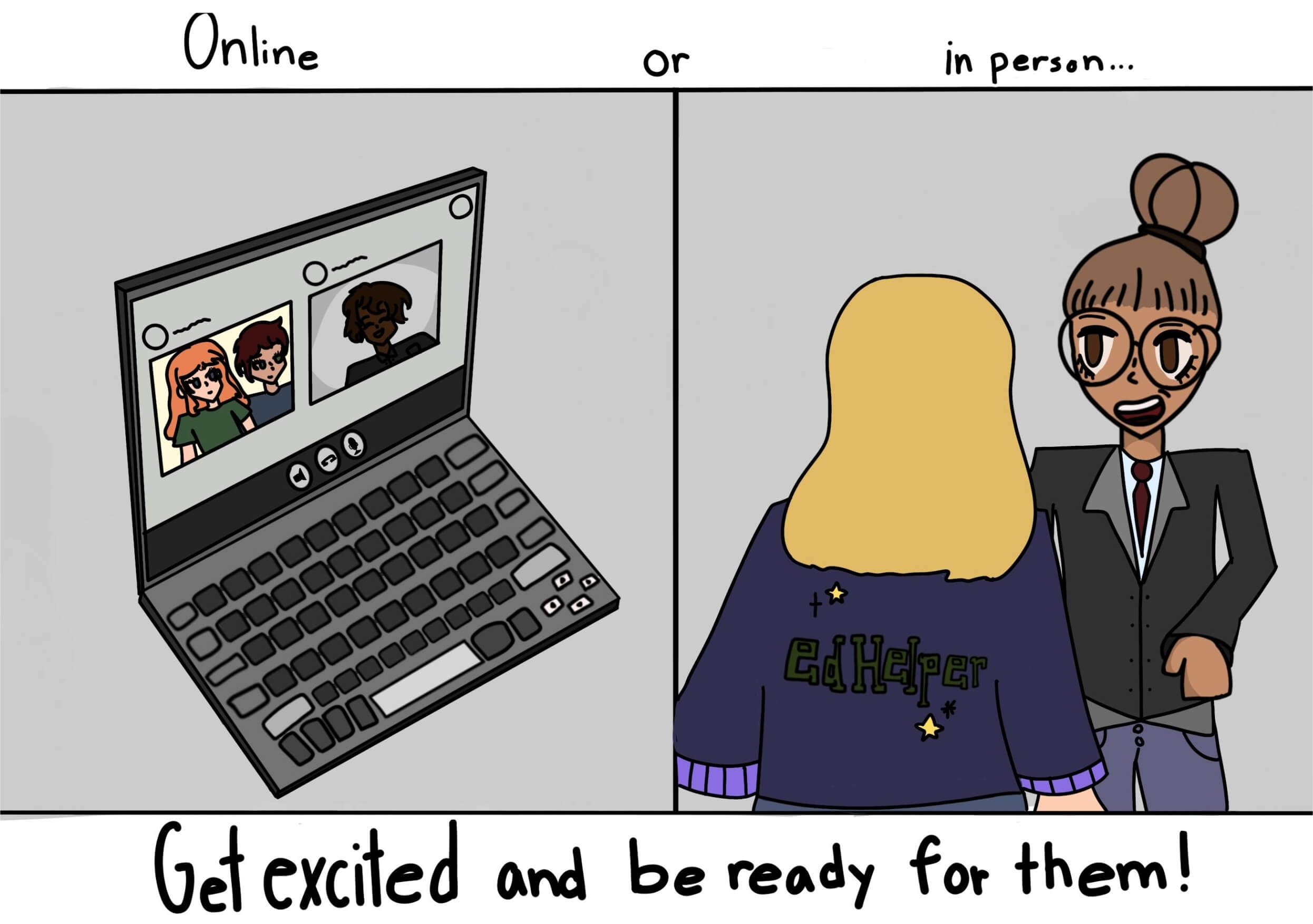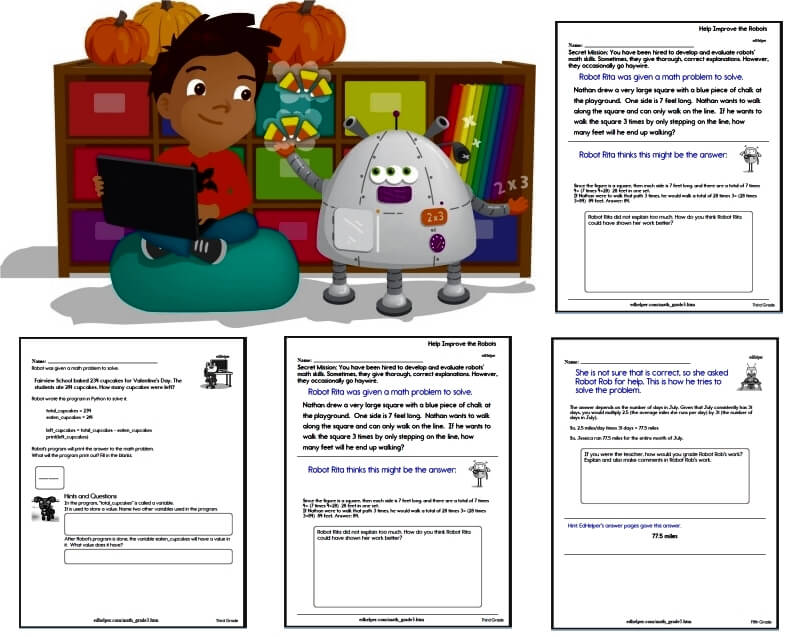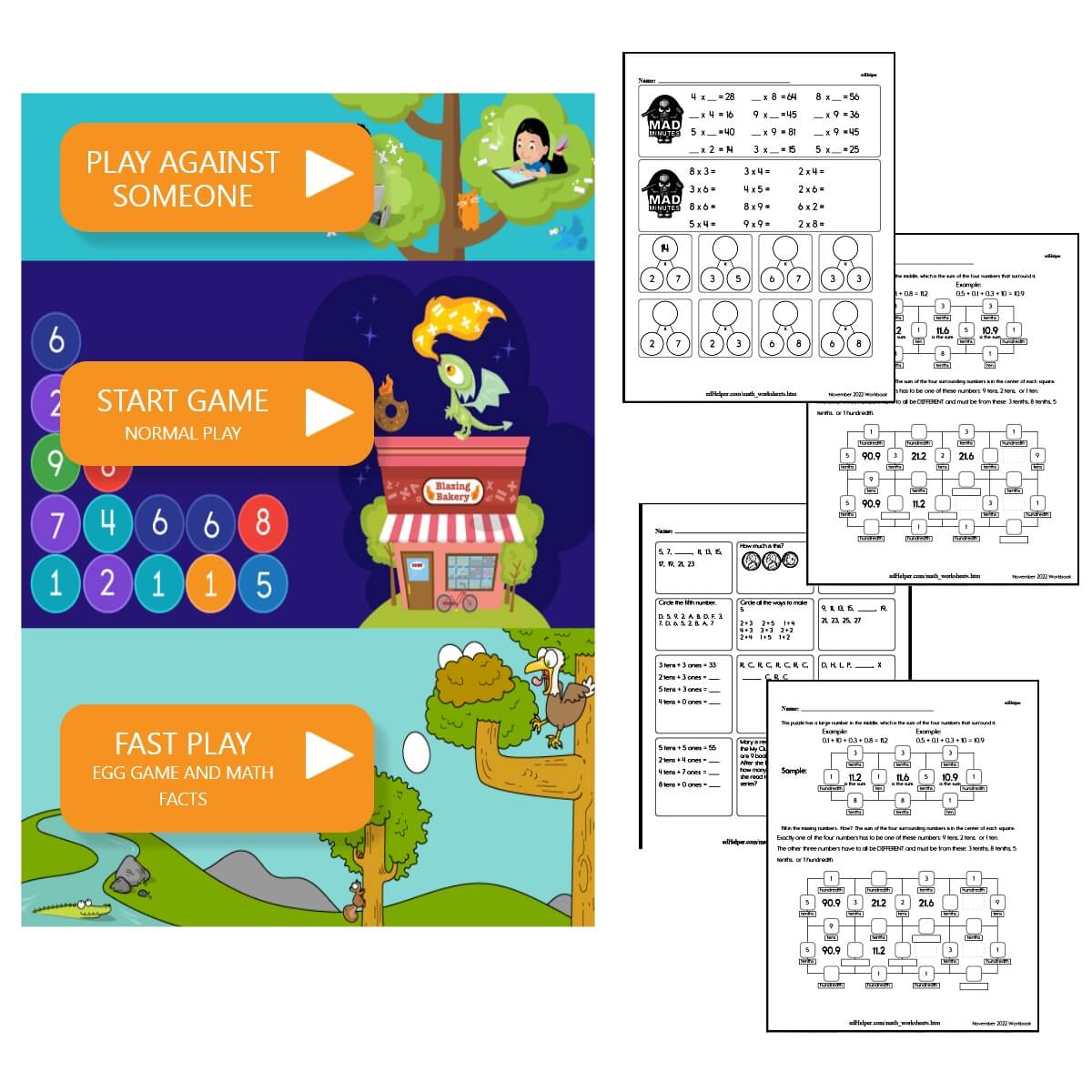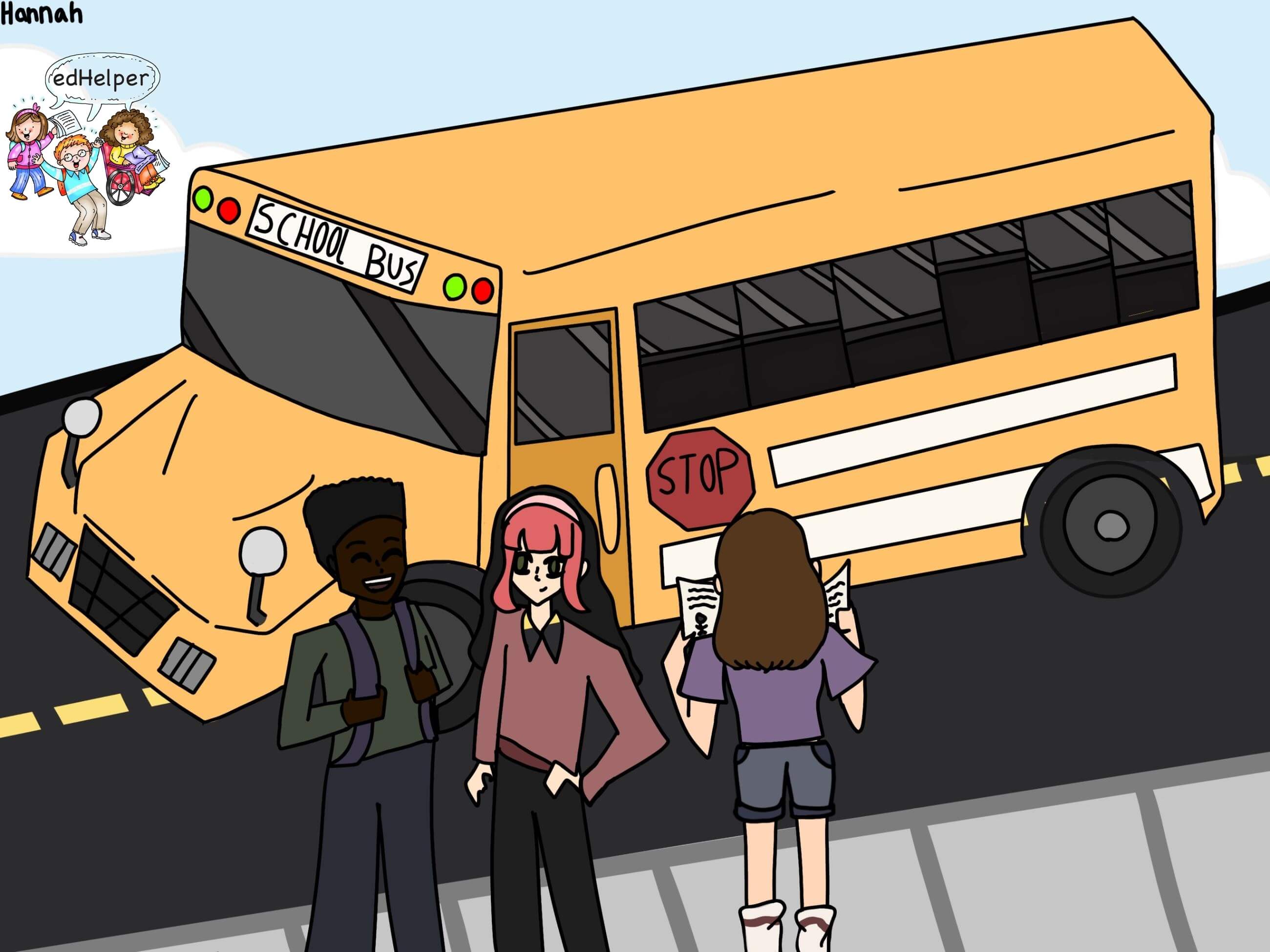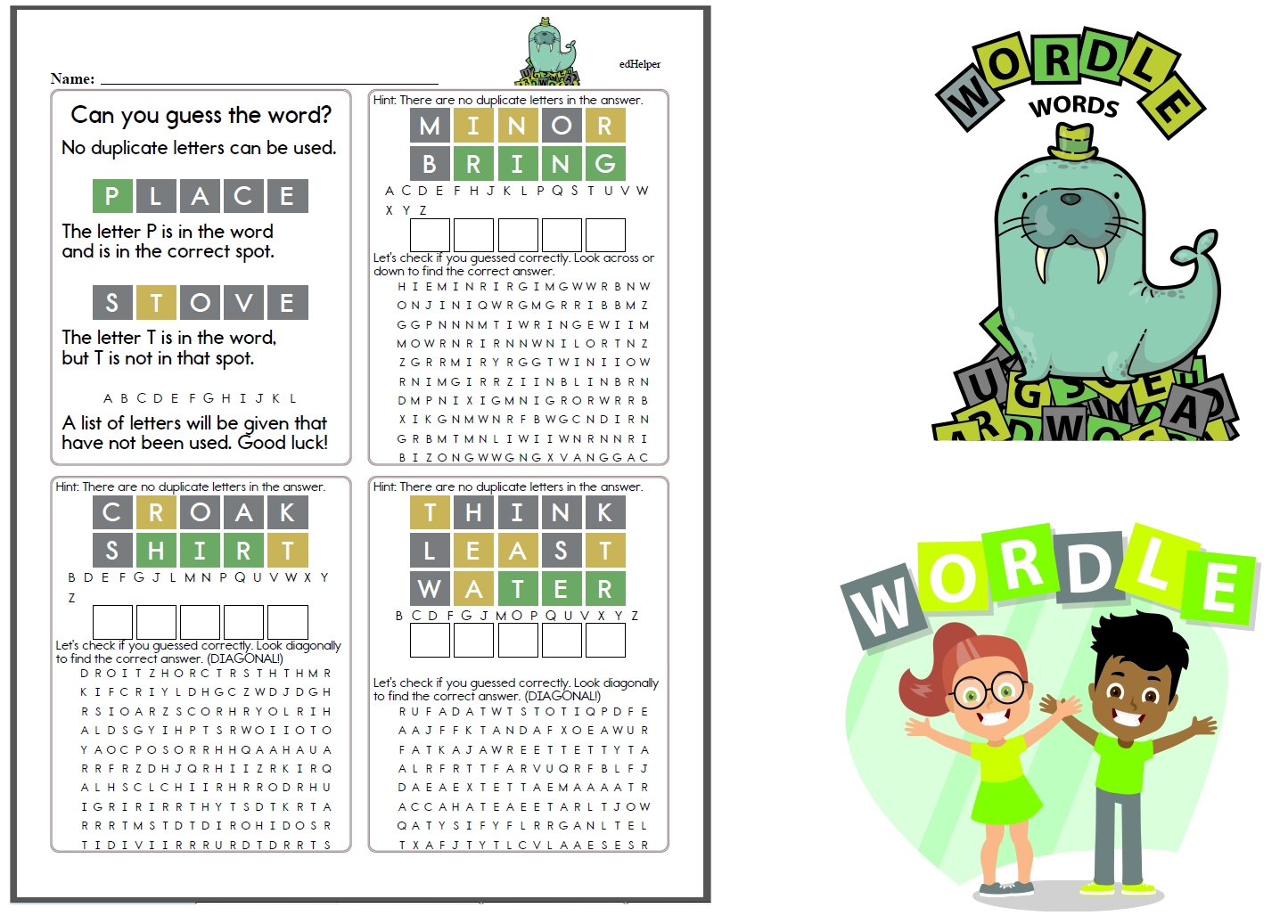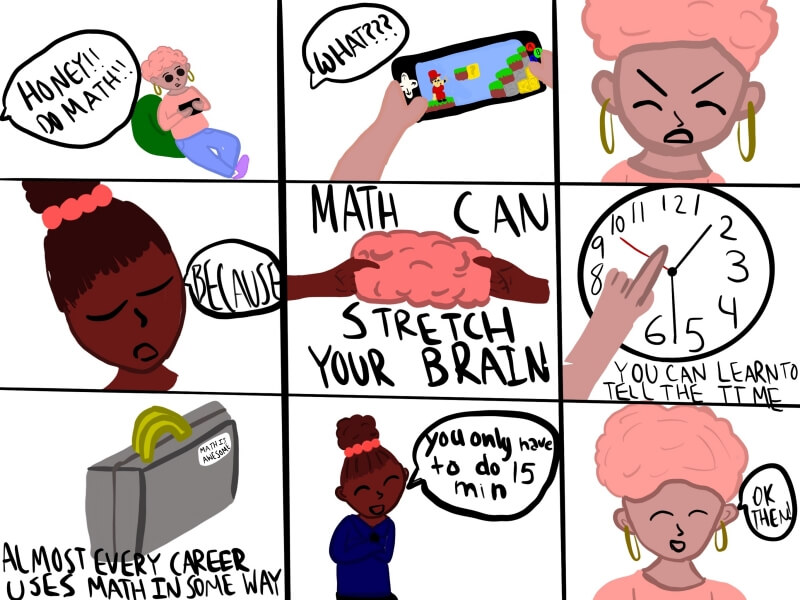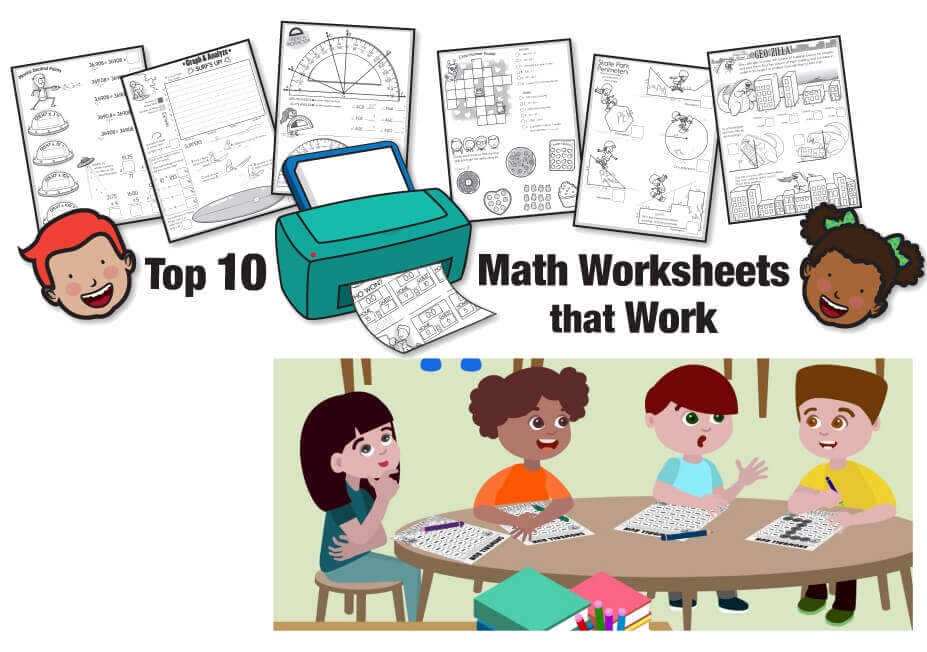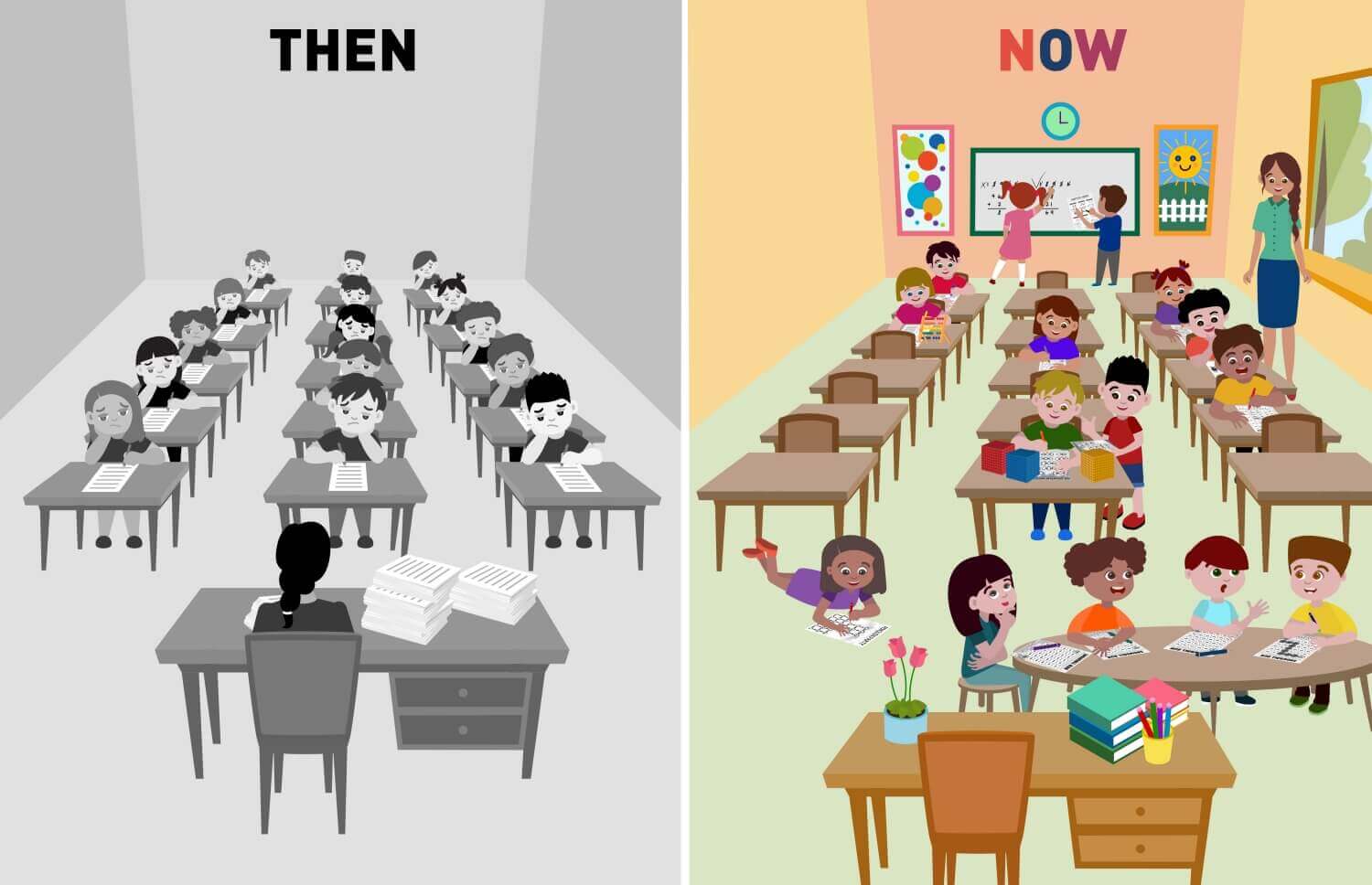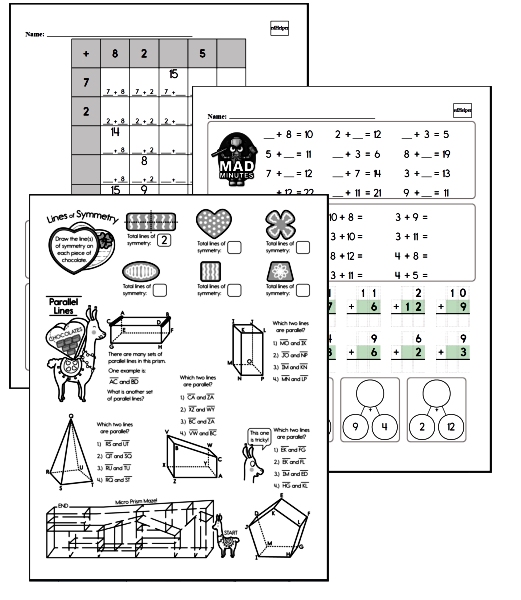Do you have a prized possession? Is there something in your life that you can't imagine living without? It's probably safe to assume that many of your students' parents count their children as their greatest treasure. Every morning as their child crosses the threshold into your classroom, they are entrusting them to your care. What a responsibility! One of the best things you can do to foster strong and supportive relationships between your students, their parents, and you is to establish great parent-teacher communication.
After Open Houses and Back-To-School Nights are done, continued parent-teacher communications is important for student success. It helps to support parental involvement. When parents are aware of upcoming activities, events, study units, and classroom behavior, they are more likely to be involved. Research indicates that parental involvement leads to increased academic achievement as the parents serve as an additional layer of accountability, support the development of healthy habits, and foster self-esteem.
If parent-teacher communication is so important, what are the best ways to facilitate it? There are numerous strategies designed to keep parents in the loop. The key to successful communication is creating a plan that works for you so that you can be consistent.
- In-person communication: While it may seem a bit old-fashioned in today's fast-paced, technology-centered world, face-to-face meetings can still be a great way to communicate with parents.These quick ways to connect can casually happen during drop-off or pick-up or occur more formally during parent-teacher conferences. If you are open to having parents stop by before or after school, creating expectations as to how long you can talk can be beneficial. While you want to be available, you must reserve the last few minutes before class to ensure you are prepped and ready to teach.
- Phone calls and emails: For parents who can't stop by campus, phone calls and emails are a great communication tool. Weekly emails can keep parents in the loop with occasional phone calls to share successes or discuss concerns, which can help ensure they are aware of current happenings.
- Text messages. Mass text messages can be another quick option for parent-teacher communication. Some teachers use mass text messages or special messaging apps to communicate with parents. Remind is a text messaging app with specific features for teachers. With the ability to view read receipts, it's a quick way to ensure your messages are received (and read!) by your students' parents. Individual text messages are another fabulous option! If you snap a picture of their student making a great effort, sharing a presentation, or being kind, share that information via text. Parents love to see evidence of their kids shining in class.
- Newsletters: Weekly class newsletters, delivered in print or digitally, are a great communication tool. As a teacher, you can review key items from the week and share news about upcoming projects and crucial information.
- Class websites: Some teachers opt to use class websites or digital tools like Google Classroom or ClassDojo to help facilitate communication among parents, teachers, and students. These tools help ensure there is no confusion regarding assignments and their corresponding due dates.It's also a great opportunity for parents, teachers, and students to send messages to one another.
Strong parent-teacher relationships don't happen automatically or accidentally. As the teacher, you'll not only need to be intentional in communicating with your students' parents, but you'll also need to be intentional in how you communicate with them. Much like in teaching, your presence, attitude, and approach will likely be a key factor in how successful the conversation and relationship will be. These suggestions can support you in building that positive relationship you desire.
- Smile: Kindness matters. Whether you are communicating in person, over the phone, or even via email, try to smile when delivering the message. You really can hear (or read!) a smile in someone's tone. Being warm and welcoming goes a long way to establish a positive working relationship with parents.
- Be positive: It is likely that at some point this year, you will need to reach out to a parent and share some concerns. Whether your concern is related to behavior or academics, no one likes to begin a conversation by listening to a list of negatives. Be positive! What positive things can you say or share about their student? Start there, then share your concerns. Finally, wrap up the conversation with another positive observation. This will remind the parents that you are reaching out because you care about their child, not because you simply want to complain.
- Create trust: Depending on their past academic experiences or experiences with previous teachers, some parents will immediately feel a bit defensive when approached by their child's teacher. When you start conversations with positive traits a parent's child possesses and establish the fact that any information shared is confidential, you help to foster a sense of trust.This will be critical if you want the parents' support in the students' pursuit of success. Once parents know that you truly have their child's best interest at heart, they will be more likely to partner with you.
- Communicate often: Don't wait until there is a problem to reach out to parents. The saying "no news is good news" may be true, but when it comes to parent-teacher communication, it is not the best strategy. When parents are used to hearing from you regularly, they won't be overly alarmed or defensive if you need to reach out to share a concern.
- Use Multiple Methods: Just as you differentiate your instruction to meet the diverse needs in your classroom, be prepared to differentiate your parental communication. Whether it's texts, social media, notes home, phone calls, or emails, survey your students' parents and guardians to identify the method that will work best for them.
- See Parents as Valuable Partners: Your students' parents will be more likely to collaborate with you if they feel valued. While you are the expert in the classroom, they are likely the expert on their child. Take the time to honor the important place they hold in your students' lives. Ask for their opinions, help, and support. Many of the parents in your classroom also have great skills or insight they can share with the other students! They may be talented artists or musicians that could help lead after-school programs. They may have a career that is part of a unit of study and be willing to take part in a career day. Encourage your parents to share their gifts, talents, and strengths with the class.
- Acknowledge Their Effort: Just like teachers, parents are busy! While it would be ideal to have every parent intimately involved with every detail of their child's education, most are busy with their careers or caring for other children.Instead of feeling frustrated when parents aren't as involved as you would like, express your gratitude for the effort they make. Thank them for reaching out with a question via email. Acknowledge that it took some juggling and schedule-rearranging to meet for a parent-teacher conference in the middle of the workday. Parents who feel acknowledged are more likely to continue trying to be involved.
- Learn to Listen: When reaching out to parents, you will likely do so with some sort of agenda. There will be something you want to share or discuss. This is important! It is equally important, however, that you listen during these meetings. Ask questions about siblings, study habits, and the student's interests. These conversations are fantastic opportunities to not only learn about the student but their family. This kind of insight will help you best meet the students' needs and steer them towards success.
- Don't Assume: Remember, your students will all have varied home lives. No two will have the same experience once they leave your class. Some will head home to a stay-at-home parent, while others will be home alone for hours, waiting for a single parent to come home from his or her second or third job. Some students are reared by relatives or can't complete their homework because they are busy caring for younger siblings. Some may struggle with food insecurity and be waiting for the water or electricity to come back on. Others may be unable to make it to class on time because no one is there to wake them up. Because all families are different, don't assume that a parent or guardian who doesn't immediately respond to your communication doesn't care. Instead, try reaching out in alternative ways until you can finally connect.
Parent-teacher communication is one of the keys to a successful school experience for your students. While you can only control how and when you reach out to your students' parents, know that the greater the effort, the greater the outcome. Be sure to document the communication you have, take notes on the insights parents offer, and strive to create the support system your students need for a fantastic year.

